Hi friend,
Earlier this week, I had the very surreal experience of getting to meet one of my very favorite writers of all time, John Green, at the New York tour stop for his new book, Everything Is Tuberculosis. I’ve been a fan of John’s since I was twenty-two, when I was in my first year of treatment for leukemia and read The Fault in Our Stars, his brilliant YA novel about two teenagers with cancer who fall in love. At the time, I was shuttling between my childhood bedroom in upstate New York and the hospital in the city where I was undergoing an experimental clinical trial, and I was painfully isolated. That book became a friend, as did its characters. Not only did it help me understand what I needed to let go of, like the hurt I was holding onto after certain friends hadn’t shown up for me, but more than that, it showed me the type of people I wanted to surround myself with and set the bar for the kind of love and friendships I wanted to cultivate.
I wrote about this in The Book of Alchemy, which I’ve come to think of as a memoir in essays. It’s divided into ten chapters based on themes that, in revisiting dozens and dozens of my old journals, appeared most frequently. There’s a chapter on fear, a chapter on purpose, a chapter on the body, and of course, a chapter on love, though it’s not the narrow lens of romantic love, but a larger, more community-minded sense of the word. Because of what The Fault in Our Stars meant to me, how it changed me, how it inspired me to be a person who loved well and was loved in return by a range of loves, from acquaintances to friends to family to my beloved husband, it felt like the most natural thing in the world to write about my relationship to that novel in the love chapter.
At the end of last summer, about a week before my final manuscript was due, I was reading the love chapter aloud to a friend (hunting for those elusive typos!), and at the end, I said wistfully, “If only John Green were a contributor to this book.”
“It’s not too late,” she replied. “Why don’t ask you ask him?” And though I had never met him and the book’s due date was mere days away, I decided to channel my other great teacher in love, my friend Katherine. She has a practice called “doing a Brooke,” inspired by her late son, who made it a habit to reach out to people he admired without expectation, though he was often surprised by the connections that came of it. I mustered my courage and sent John a DM on Instagram, telling him what a big fan I was, then sharing an excerpt of the love chapter about what his work meant to me, and while it was admittedly a long shot, asking if he might contribute an essay and prompt to The Book of Alchemy. And to my great shock, he wrote back almost immediately, saying he’d be happy to. About forty-eight hours later, he sent over the most gorgeous piece, which I can’t wait for you to read when the book comes out next month!
I keep thinking back to my life at twenty-two—the despair I was feeling, the isolation, the sense of loss and directionlessness. If you had told me then my life would unfold in this way—that not only would I write one book, but a second one, and that I would get to include John Green’s words in it, and that I’d get a personal invite to his book event, it would have seemed literally impossible. If you had told the girl in the picture below, stocking up on Kleenexes at the Saratoga Springs Price Chopper before going to see the movie adaptation of The Fault in Our Stars in the theater, she would have thought it was some weird, medication-induced hallucination. And all I can do is revel in that sense of wonder and mystery at the way things unfold.
To return to John’s book event, it was one of the top experiences of my life. I showed up and was ushered backstage, where I got to meet John and spend a few minutes chatting with him before he went on. They say never meet your heroes, they’ll only disappoint you—but in this case, it wasn’t true. John was as deeply kind and brilliant as I expected. Then I took my seat for the event, and I laughed, and I cried, and I left brimming with hope. What I love so much about John’s work is that he’s always grappling with the questions that I feel drawn to—about the precariousness of being human and the fragility of our lives, about death and despair but also hope and love. As he writes in his book of essays, The Anthropocene Reviewed, “We live in hope—that life will get better, and more importantly that it will go on, and that love will survive even though we will not.”
Which brings me to today’s guest contributor, and to another book event and teacher on love. Last week, I had the honor of moderating a talk for Diego Perez—best known by his pen name,
—for his newest book, How to Love Better. I’m so honored to share two poems from this book about the kind of people who love well and in doing so, make the world a lighter, brighter place. May it remind us that love is stronger than suffering, stronger than despair. May it show us how we want to love and be loved.Sending beaucoup love,
Suleika
Some Items of Note—
Attending John Green’s event this week made me so excited about my own very special book tour to celebrate The Book of Alchemy. The shows in San Francisco, Chicago, and Brooklyn have sold out, but there’s a smattering of seats left in Philly and LA—and I hope you’ll join me! Each ticket comes with a signed copy of the book. You can find more info here.
If you’re not able to attend the tour in person, I’m hosting a virtual workshop on April 21, 2025, at 7pm ET. To reserve a spot, all you need to do is pre-order The Book of Alchemy, then register at the link below.
If you missed last week’s meeting of the Hatch, our monthly creative gathering for paid subscribers, we’ve posted a video replay! In it, Carmen Radley shared a century-old letter and a series of letter-poems for turning isolation into creative solitude and connection. You can find it here!
Prompt 330. Two Poems by Yung Pueblo
Excerpted from How to Love Better
The people I admire the most are the ones who unabashedly tend to their inner peace. They do not want to hurt anyone. They move with kindness. They make time for self-care and growth. They do their best to give compassion to all those who cross their path. These people make the world lighter. *** People who double down on kindness, even when life has been rough, bring a special magic into the world. A hard past has taught them to be cautious and intentional without completely losing their heart. They treat people gently because they know that many are struggling in silence.
Your prompt for the week:
Write about your greatest teacher on love. A person who doubles down on kindness, who makes everything lighter, who brings a special magic into the world.
Today’s Contributor—
Diego Perez is a meditator and #1 New York Times bestselling author who is widely known by his pen name, Yung Pueblo. His writing focuses on the power of self-healing, creating healthy relationships, and the wisdom that comes when we truly work on knowing ourselves. Diego’s new book, How to Love Better, is available now.
For more paid subscriber benefits, see—
Letters from Love, a video replay of my workshop with the dazzling Elizabeth Gilbert, where she shares her transformative spiritual practice to combat self-criticism and to access an ocean of unconditional love
On Matters of Life & Death, an interview with the stunning poet Marie Howe, where she talked about writing a letter to her late brother Johnny, remembering as an act of resurrection, and loving each other and the earth
My Year of Love, a photo essay where I wrote about what I thought was the worst year of my life—but turned out to be such much more
Pre-order The Book of Alchemy—
My new book, The Book of Alchemy, comes out on April 22, 2025. I’d be so grateful if you would preorder a copy for yourself or a friend. Preorders are so important for authors, and it would mean everything to me!

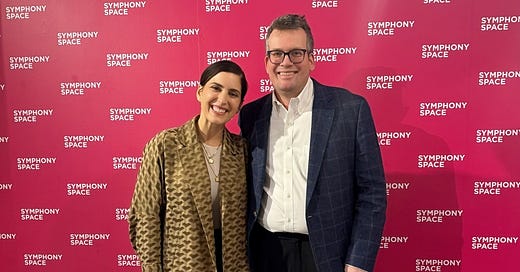



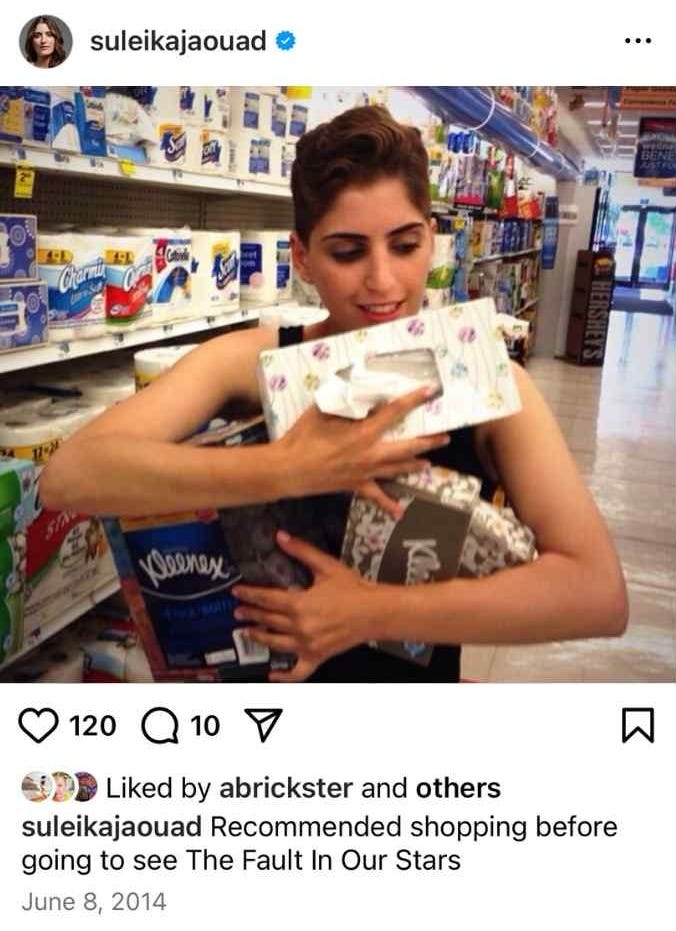

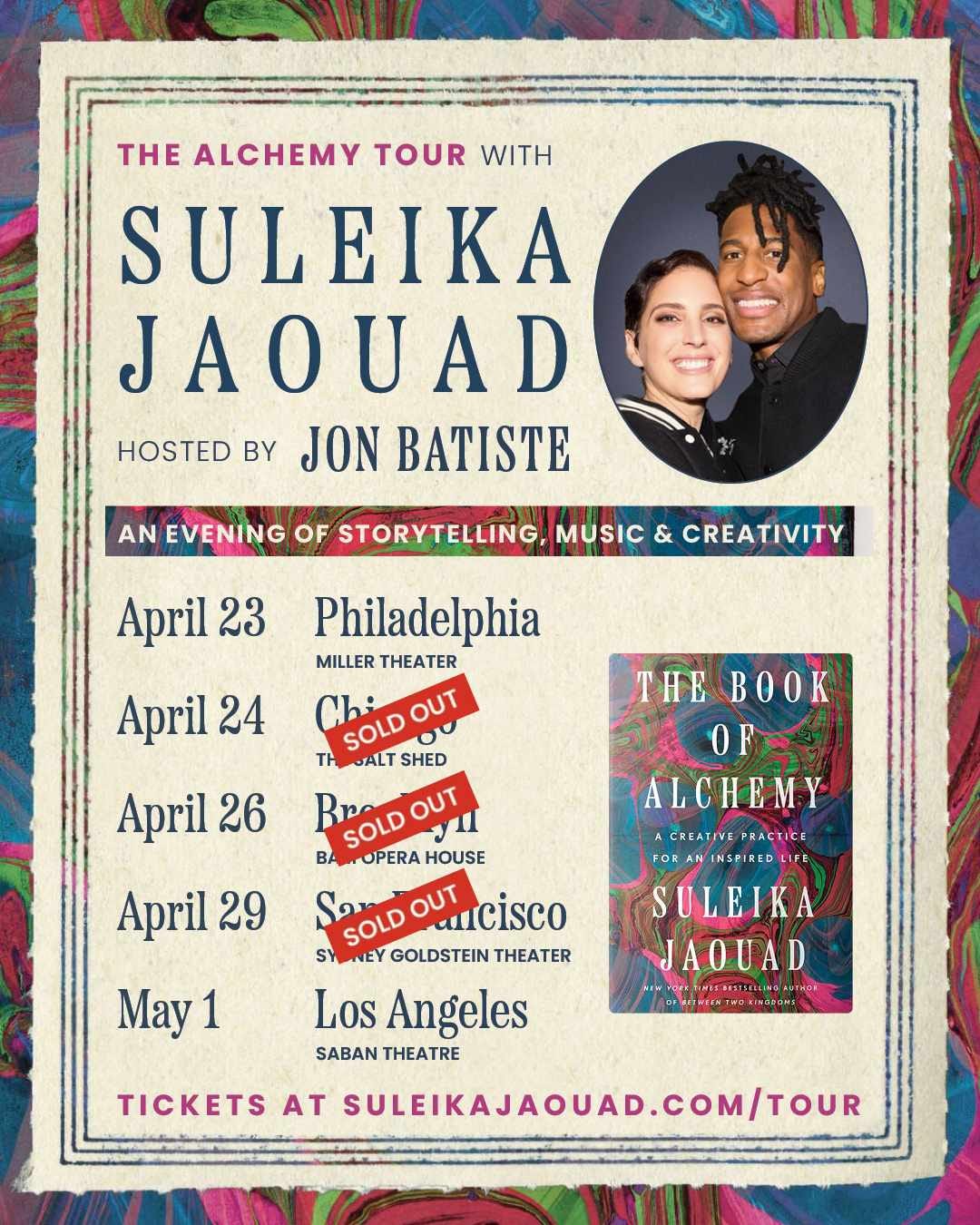

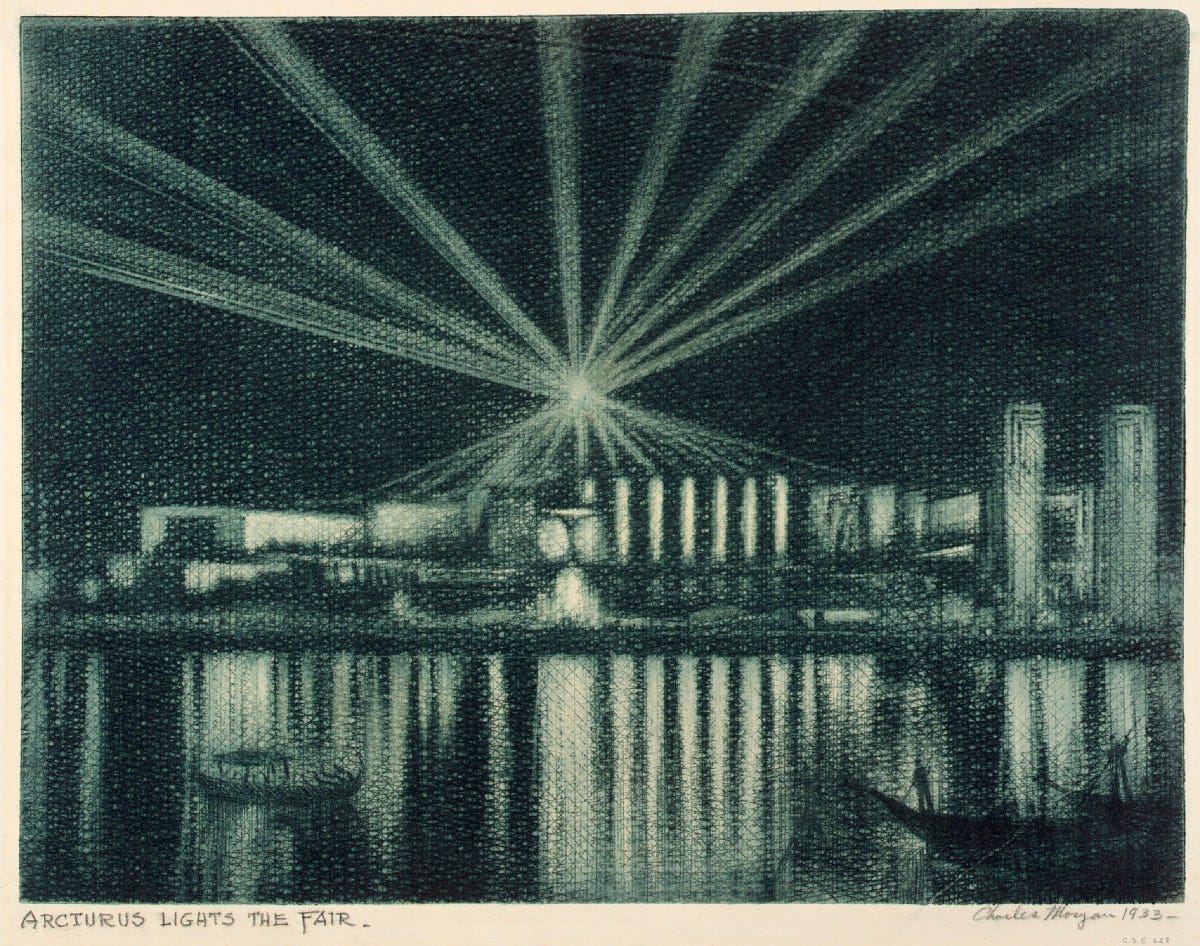

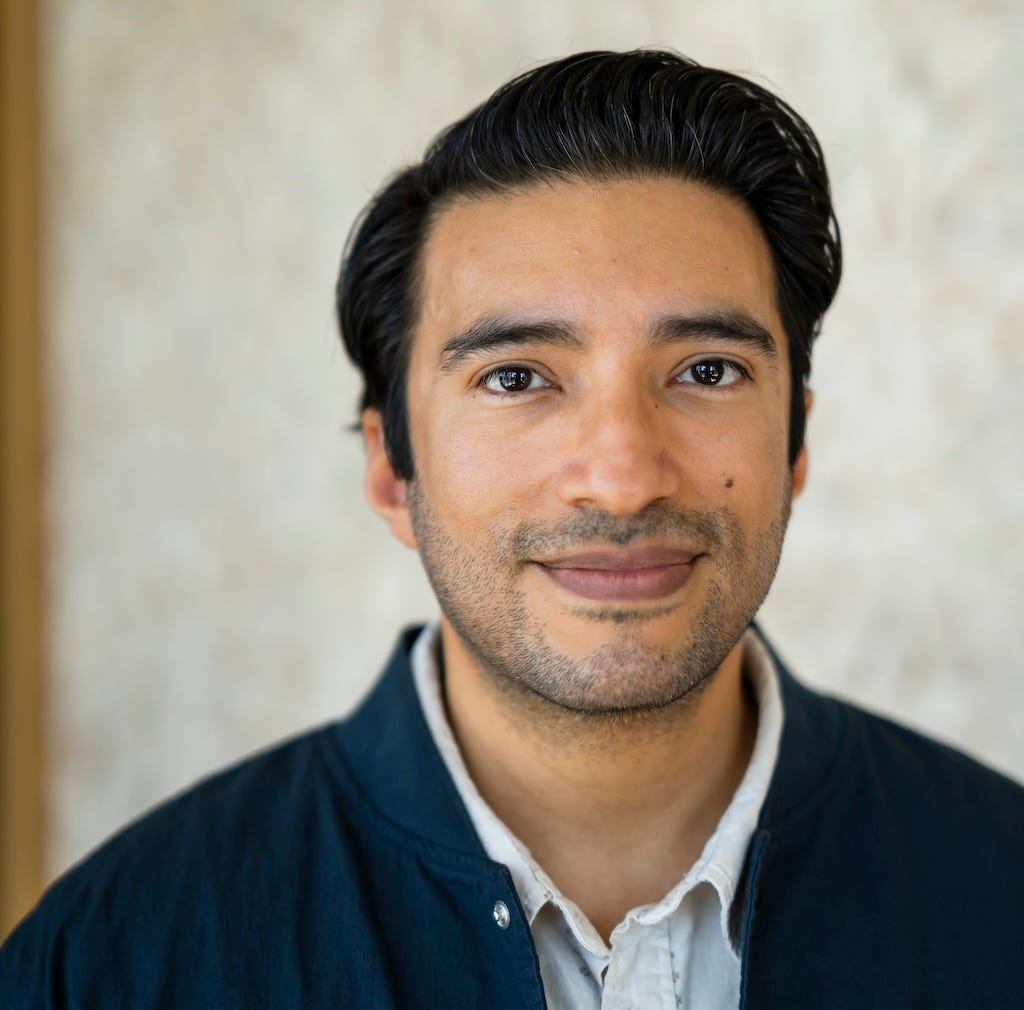


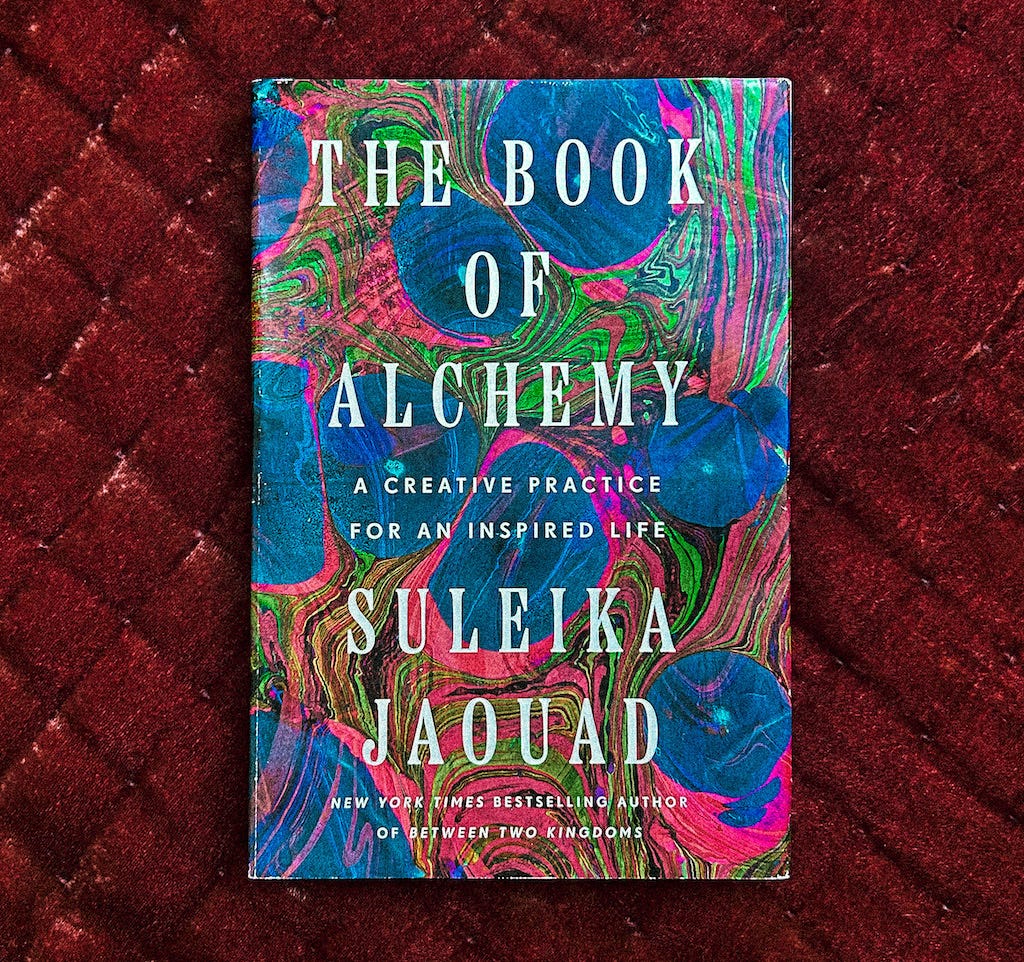
She stood at my door—my neighbour’s daughter—silent, flushed, barely holding herself together. She didn’t speak, just looked at me like someone who’d run out of language. I didn’t ask what had happened. I didn’t offer tea. I just stepped aside & let her in.
We sat.
In the stillness.
No fixing. No filling.
Just sitting.
And in that quiet, something familiar stirred.
A memory.
Warm & unexpected, like a cardigan still holding someone else’s shape.
There was a woman who lived three doors down when I was younger. Not mine. Not anyone’s, really. She was the sort of person you didn’t notice at first, but once you did, you wondered how you ever missed her. Her hair was the colour of flour—soft & fine, always a little undone, like she’d just come in from wind.
She kept a cardigan draped over the back of her kitchen chair & never turned on the overhead light—just a lamp with a warm, crooked shade. It felt like a room that knew how to hold people without touching them.
I was in my early twenties when I found myself there more often than not. She never asked why. She didn’t offer tea or advice. She just made room. Sometimes hummed. Sat quietly. There was a steadiness in her silence that made me want to stay longer than I should’ve.
Once, when I arrived on the edge of tears, she handed me a bowl of plums & said, “Eat something sweet. Sadness makes the mouth forget.” That was it. No probing. No performance. Just fruit & stillness & the gentle clink of her spoon in a teacup.
I don’t think she knew she was teaching.
And I didn’t know I was learning—
not until now.
With this girl in my kitchen, unspeaking.
And me, sitting beside her,
doing everything I was once given.
That’s the thing about love.
You don’t always recognise your teachers—
not until your hands remember what they once received.
A full-circle moment — not just for you, but for anyone who’s ever clung to a book like a lifeline. You’ve written a love letter to literature itself: how it cracks us open when the world feels sealed shut, how it teaches us to endure, to reach, to hope.
The story of DMing John Green and receiving a response within hours feels less like serendipity and more like what happens when you dare to believe that love — real, deep, human love — is reciprocal, even in art. I love the way you weave personal transformation with literary reverence, as if you’ve alchemised suffering into a compass pointing directly to meaning.
And perhaps that’s what makes this so affecting: it’s not just a tale of meeting your hero, but of becoming the kind of person your twenty-two-year-old self needed. The kind who doesn’t flinch from grief, who understands that love is a plural noun, and who knows that writing — when done well — isn’t self-expression, it’s self-extension.
Your story reminds us that great books don’t just reflect who we are; they make us brave enough to become someone new.
Thank you, Suleika!